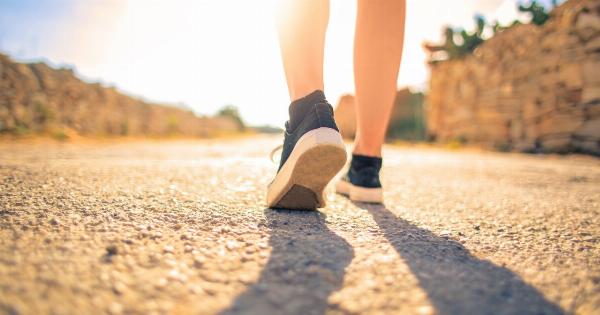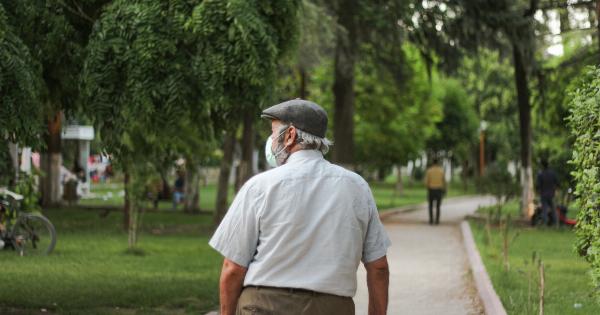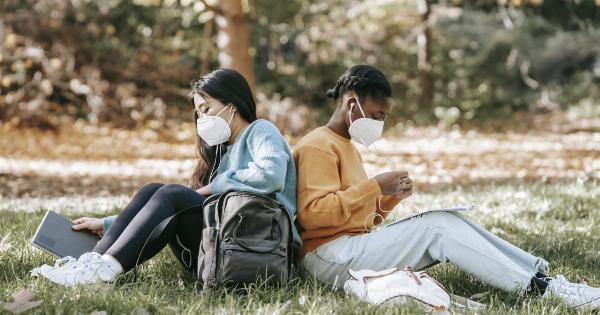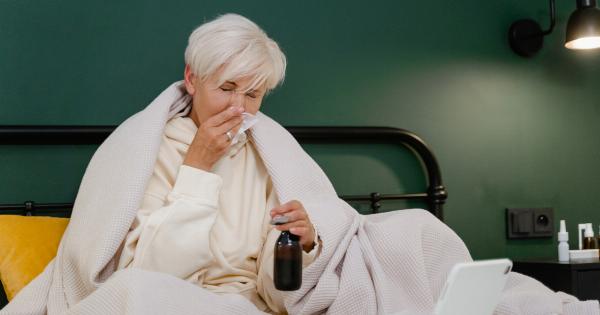Summer is an exciting time of the year, but it can also pose a number of health challenges. With the warmer weather and longer days, it’s important to take extra care of yourself and make sure you stay healthy and safe during the summer months.
Here are 10 tips on how to do just that:.
1. Stay hydrated
Drinking plenty of water is essential during the summer months, especially when spending time outdoors. Aim to drink at least 8 cups of water per day, and increase your intake if you’re participating in any strenuous activities.
2. Protect your skin
Exposure to the sun’s harmful UV rays can cause an array of skin problems, including sunburn, premature ageing and skin cancer.
Protect yourself by using sunscreen with at least SPF 30 and wearing protective clothing like hats and lightweight long-sleeved shirts.
3. Keep cool
Extreme heat can be dangerous, so it’s important to take measures to keep cool during the summer months. Stay in air-conditioned buildings, wear loose-fitting clothes and avoid exercising during the hottest part of the day.
4. Eat a balanced diet
Eating a healthy and balanced diet is important all year round, but particularly during the summer months. Make sure to incorporate fruits, vegetables, lean proteins and whole grains into your meals to maintain optimal health.
5. Practice safe grilling
If you’re an avid griller, it’s important to practice safe grilling techniques to avoid any accidents or injuries. Always grill in a well-ventilated area and keep a fire extinguisher nearby.
6. Stay active
Summer is the perfect time to get outside and get moving. Activities like hiking, biking, swimming and kayaking are all great ways to stay active and enjoy the great outdoors.
7. Carry a first aid kit
A first aid kit is an essential item to have with you during the summer months, especially if you’re spending time outdoors. Be sure to include essentials like antiseptic wipes, band-aids, insect repellent and sunscreen.
8. Watch for signs of heat exhaustion
Heat exhaustion is a serious condition that can occur when your body overheats, typically as a result of prolonged exposure to the sun or physical exertion in hot weather. Symptoms include nausea, dizziness, headache and confusion.
If you experience any of these symptoms, seek medical attention immediately.
9. Avoid alcohol and caffeine
Alcohol and caffeine can both dehydrate you, which is not ideal in the heat of summer. Limit your consumption of these beverages and drink plenty of water instead.
10. Practice good hygiene
Summer is a time for fun and relaxation, but it’s also a time for germs. Be sure to practice good hygiene habits like washing your hands frequently and carrying hand sanitizer with you when you’re out and about.



























